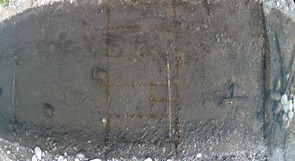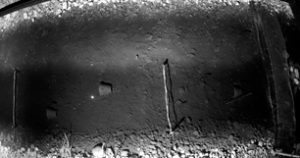Status: closed
Supervisor: Martin Kampel, Libor Závorka (email: libor.zavorka@wcl.ac.at)
We are looking for a highly motivated student of Informatics (or related studies) with a background in computer vision and machine learning and a strong interest in ecology, environment and climate change applications. The successful candidate will work in an international team of academics on the “4FatQs” project, funded by the Austrian Science Fund (FWF).
Problem Statement
The 4FatQs is a project linking different levels of biological complexity from single neurons in the fish brain through decision making of an individual to the whole ecosystem functioning. Climate change is predicted to reduce availability of essential omega-3 fatty acids in aquatic food webs. This presents a challenge for all vertebrates from fish to humans that need omega-3 fatty acids for development of their brain. We therefore aim to explore the impacts of the changing diet quality on neuronal density, behaviour, and cognition of salmonid fishes.
To evaluate behavioural and cognitive changes, fish are recorded by a combination of video (including IR nocturnal records) and Radio-frequency identification telemetry (RFID). The aim of the student project is to develop software able to trace movement of the fish in the video, match the identity of the individual from the video with the ID detected by the RFID antennas, provide summary statistics of the fish behaviour such as distance moved, swimming speed, distance to the nearest neighbor, time spend in a shelter, or deep or shallow water.
The main challenges of the video analysis are light reflections on the moving water surface, distance calibration on fisheye distorted video records, distinction of fish from other floating objects, consistency of the trace identity for individuals that cross their pathways or disappear from the video frame.


Snapshot of video acquired during the night with IR lights and during day. Red ellipses indicate position of the fish, black rectangles indicate position of RFID antennas.
To apply or for further enquiries, please send an email to the project leader:
Dr. Libor Závorka (email: libor.zavorka@wcl.ac.at)
WasserCluster Lunz, Biologische Station
Computer Vision Lab:
